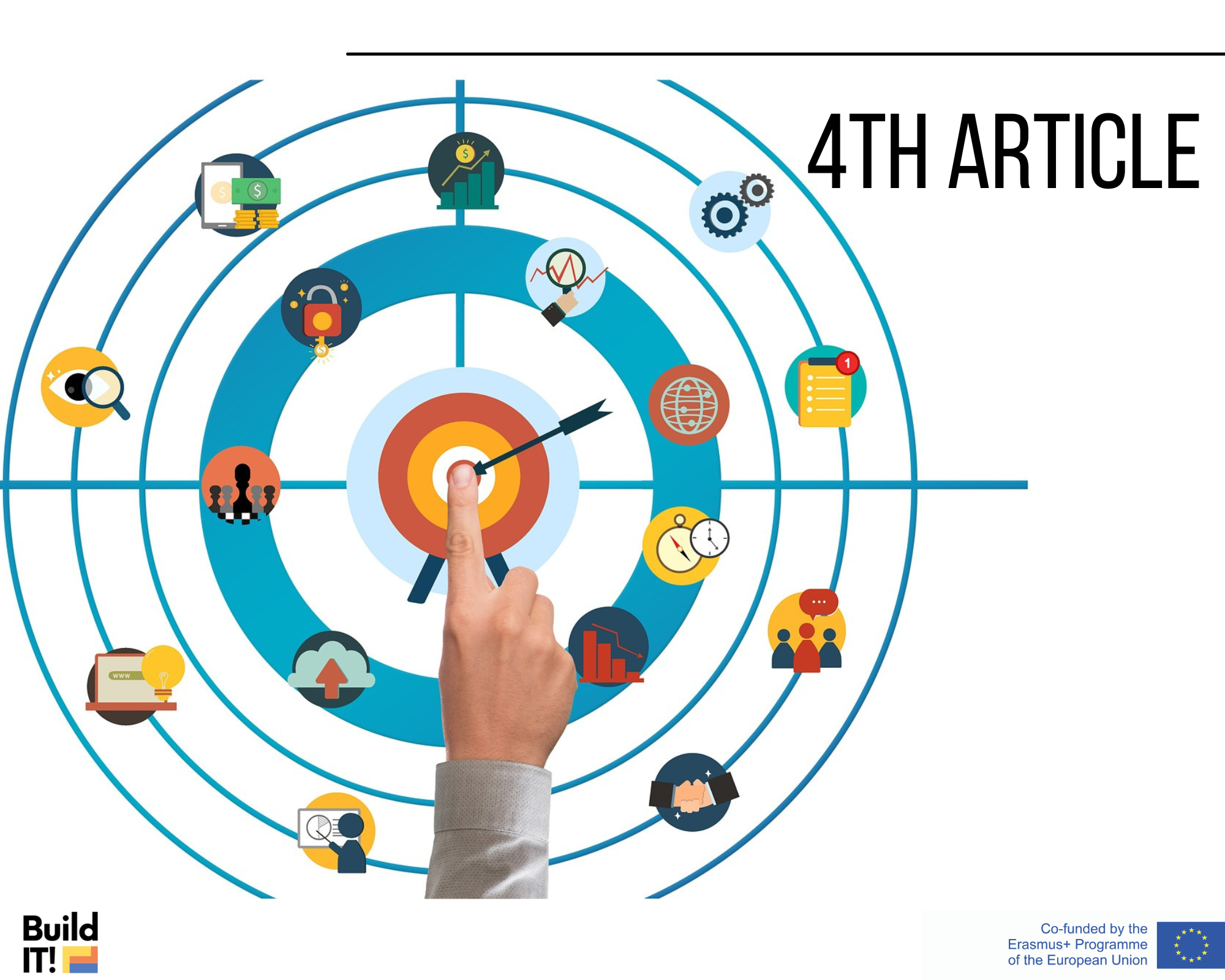Transversal competences - their relevance in today's world

Let's get to know Tom. Tom is a good worker, functioning well in a group. After work, he spends time with his family and friends. People say that Tom knows how to listen to. Tom also reads a lot looking for information in different sources. Despite this, he is able to evaluate critically the news he receives. He knows that not everything may turn out to be relevant, or even more often untrue. Tom enjoys collaborating with others. He believes that through teamwork, goals can be achieved more efficiently. He has a sense of belonging to the community; he understands that simple everyday activities can have long-term effects not only on him, but can also affect his loved ones and even the surrounding environment.
The question is what exactly Tom does for a living. Is he a teacher, a salesman or maybe a hairdresser? In which professions could the presented set of traits prove most beneficial or needed? Are we even able to name just a few specific professions?
Probably not, and the qualities outlined, such as: critical thinking skills or teamwork, are called transversal competences, as they are not tied to a specific job, position, tasks, one industry or other professional discipline. They are so universal that we use them in many life situations and not only at the professional level, but also at the personal one. In the professional area, they are also often associated with, so called, soft skills.
UNESCO gives six categories of transversal skills:
1. critical and innovative thinking
2. interpersonal skills
3. intrapersonal skills
4. global citizenship
5. media and information literacy
6. others
Other examples could include problem solving, communication, teamwork and leadership.
How can we develop the competences mentioned above? In fact, it is not only the challenges of everyday life that matter, but also our learning experiences and how we approach problem situations. Do we have the opportunity to participate in a variety of tasks that require us to prove ourselves in different situations? Another way to do so is through participation in non-formal education, which is, in fact, a huge resource of ideas for training the above-mentioned qualities.
For the BUILD IT project, where the teaching materials were blocks and puzzles and the activities were created by the representatives of the five European institutions (see here: www.builditproject.eu/partners) , we used the Catalogue of Transversal Competences Key for Employability, which lists:
・Intercultural skills and global awareness
・ Flexibility & adaptability
・Strategic & innovative thinking
・Organisation and time management
・Decision making
・Teamwork
・Empathy/ability to build relationships
・Problem solving
・Learning orientation
・Negotiation skills
・Leadership
・Collecting and processing information
The development of these competences consist a basis for the exercises developed in the handbook, which you can download here.
It is said that people are hired for hard competencies and fired by soft competencies. Let us also keep in mind from now on that the development of transversal competences simply helps to adapt to ever-changing conditions, both professional and those related to social aspects.